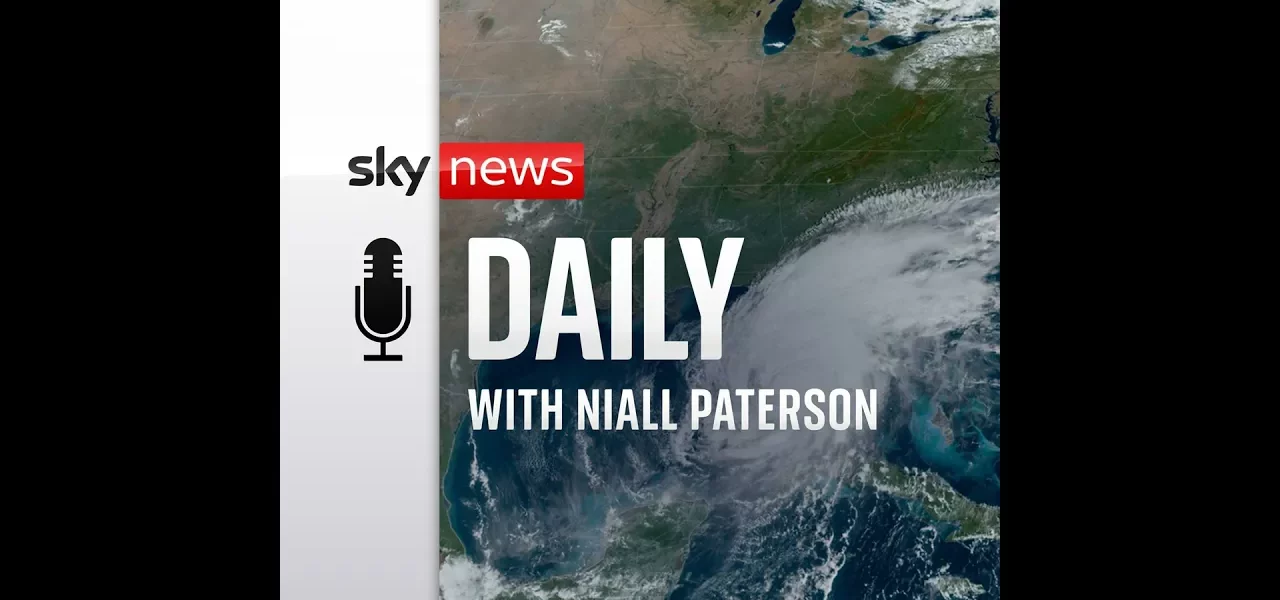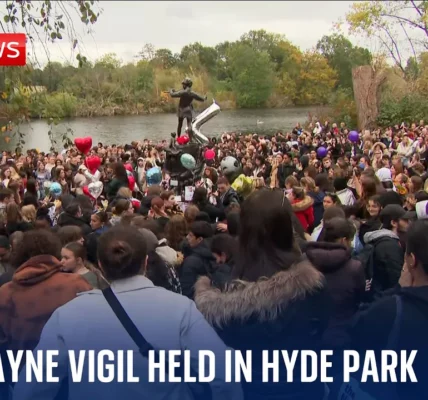Hurricane Milton: Impact, Science, and Political Aftermath in Florida

In this article, we delve into the recent events surrounding Hurricane Milton, which has significantly affected the southeastern state of Florida. We will explore the storm’s impact on residents, the scientific principles behind hurricane formation, and the political dynamics that arise in the aftermath of such natural disasters.
Introduction
Hurricane Milton made landfall in Florida, bringing widespread concern and prompting mass evacuations. The storm’s devastation has left a mark on the community, with damages being assessed and recovery efforts underway. Though the situation is serious, initial fears of catastrophic destruction have proven somewhat exaggerated. This article aims to dissect the events leading up to the hurricane, its aftermath, and the science that underpins these powerful storms.
The Impact of Hurricane Milton on Florida Residents
As Hurricane Milton approached, millions of Floridians took precautionary measures, evacuating their homes to seek safety elsewhere. The hurricane made landfall on a Wednesday evening, causing significant disruptions and damages across the state.
Damage Assessment
In the wake of the hurricane, the damage assessment process began. Initial reports indicated:
- Buildings flattened and infrastructure severely impacted.
- Widespread power outages affecting large portions of Florida.
- Tragic loss of life reported in various regions.
Community Response and Recovery Efforts
As residents returned to their properties, a sense of resilience emerged. Many Floridians displayed a stoic acceptance of the cyclical nature of hurricanes in their lives. They have learned to rebuild and reinforce, making their homes and communities more resilient over time.
The Science Behind Hurricanes
To understand the events of Hurricane Milton, it is crucial to grasp the science of hurricanes. Meteorologists observed rapid intensification, with the storm escalating from a tropical depression to a category 3 hurricane in a remarkably short time frame.
Hurricane Formation
Hurricanes are formed over warm ocean waters, typically originating in the tropics. Key factors include:
- Warm sea surface temperatures.
- Low wind shear, which allows the storm to grow.
- Moisture in the atmosphere that fuels the storm’s development.
Intensity and Predictions
The concern surrounding Hurricane Milton stemmed from its rapid intensification—going from a tropical storm to a category 5 hurricane in less than 24 hours. This speed made it challenging for forecasters to provide timely warnings to residents.
Evacuation Challenges
Despite the warnings issued by authorities, many residents chose to remain in their homes. Various factors influenced this decision:
Reasons for Staying
- Lack of resources or means to evacuate.
- Desire to protect homes and possessions from looting.
- Complacency due to previous hurricane experiences.
The Role of Experience
Many Floridians possess a deep understanding of hurricanes, leading to a sense of overconfidence. The phenomenon known as “hurricane fatigue” can result in delayed responses to evacuation orders, posing risks to both residents and emergency responders.
The Political Landscape
The aftermath of Hurricane Milton has sparked political discussions regarding disaster management and funding. With the presidential election approaching, both parties are grappling with how to navigate the implications of the storm.
Political Responses
Key political figures have made statements regarding the federal response to the hurricane. Notable points include:
- Accusations of mismanagement of disaster funds.
- Calls for increased support for affected communities.
- Debates over the allocation of resources amidst ongoing recovery efforts.
Conclusion
Hurricane Milton has left an indelible mark on Florida, prompting community resilience and highlighting the importance of scientific understanding in hurricane preparedness. As recovery efforts continue, the political ramifications of the storm are already unfolding. It is essential for both residents and authorities to learn from these events to improve future responses to natural disasters. Stay informed and engaged with local updates, and consider preparing your home for future hurricane seasons.
For more information on disaster preparedness and recovery strategies, check out our related articles on hurricane safety and community resilience.
“`




